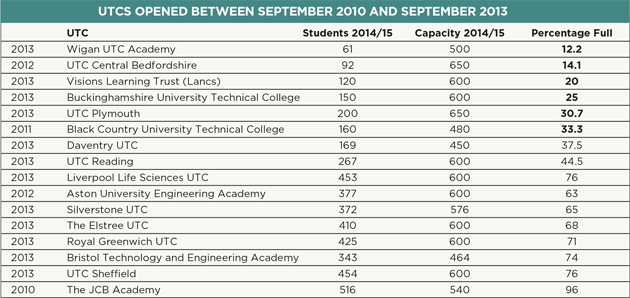While the major political parties’ focus on FE and skills is to be welcomed, they need to look beyond qualifications reform says Tim Oates.
When you recognise that banging your head against a brick wall actually hurts, the most sensible course of action is to stop doing it.
Strange then, that while all the major parties announced that vocational education and training would be an election priority for May 2015 (which is a good thing), the emphasis was yet again on qualifications reform, something which has repeatedly failed to increase quality and volumes in vocational education and training (Vet) to any significant extent.
Wholesale qualifications reform is one of the seductive options for policy-makers. It is easy to announce, can be put in place swiftly, and seems to promise much.
But it is as seductive as a siren song, and equally deceptive.
Of course we need high quality, relevant, and effective qualifications. They do indeed set standards, define curricula, and assist labour-market signalling — enabling employers to find where skills are, and helping employees gain benefit from skills and knowledge which they have developed. But they are part of a complex jigsaw of measures which needs to be in place within Vet, not the sole thing upon which policy hopes should rest.
The UK economy continues to suffer from significant, acute and chronic labour shortages, particularly in technical occupations; long duration initial vocational training volumes have suffered a decline, not an increase.
If arrangements were working, we would have an excess of training places, low youth unemployment, and imperceptible skill shortages.
The route to increased quality and volumes lies in complex action, including a reduction in bureaucracy, careful management of incentives and drivers, and policy sensitive to different sectors
The oft-cited figures relating to employer expenditure on training include a massive chunk of spending on health and safety and other instrumental, short term courses — hardly the provision which upskills the workforce and trains young people in the manner required by an advanced economy.
Thank goodness that the recent Education Select Committee report on apprenticeships has not only seen past the surface of the data but also recognised that the route to increased quality and volumes lies in complex action, including a reduction in bureaucracy, careful management of incentives and drivers, and policy sensitive to different sectors.
This greater subtlety in analysis and policy recommendations is sorely needed.
Cambridge Assessment has long-argued that the same qualifications reform policy has been blindly used to apply to forms of Vet which should be sharply distinguished: work experience in schools; vocationally-oriented learning in full-time educational settings; initial Vet; upskilling and development provision for employed workers; and provision for unemployed workers.
These forms of Vet are different in form, content and aim, and require different policy support from the state. Policy-makers frequently have underestimated the complex issues which affect different forms of Vet: ownership of the curriculum, links with a changing labour market, pay rates, marginal costs, regulation, sector demarcations and other interacting factors.
Overall Vet policy has been relatively insensitive to the way in which incentives, drivers, and specific conditions operate in particular industrial sectors. Unless policy moves away from a preoccupation with wide-sweeping policy such as wholesale qualification reform, ‘grand plans’ for Vet are likely to continue to result in disappointment.











